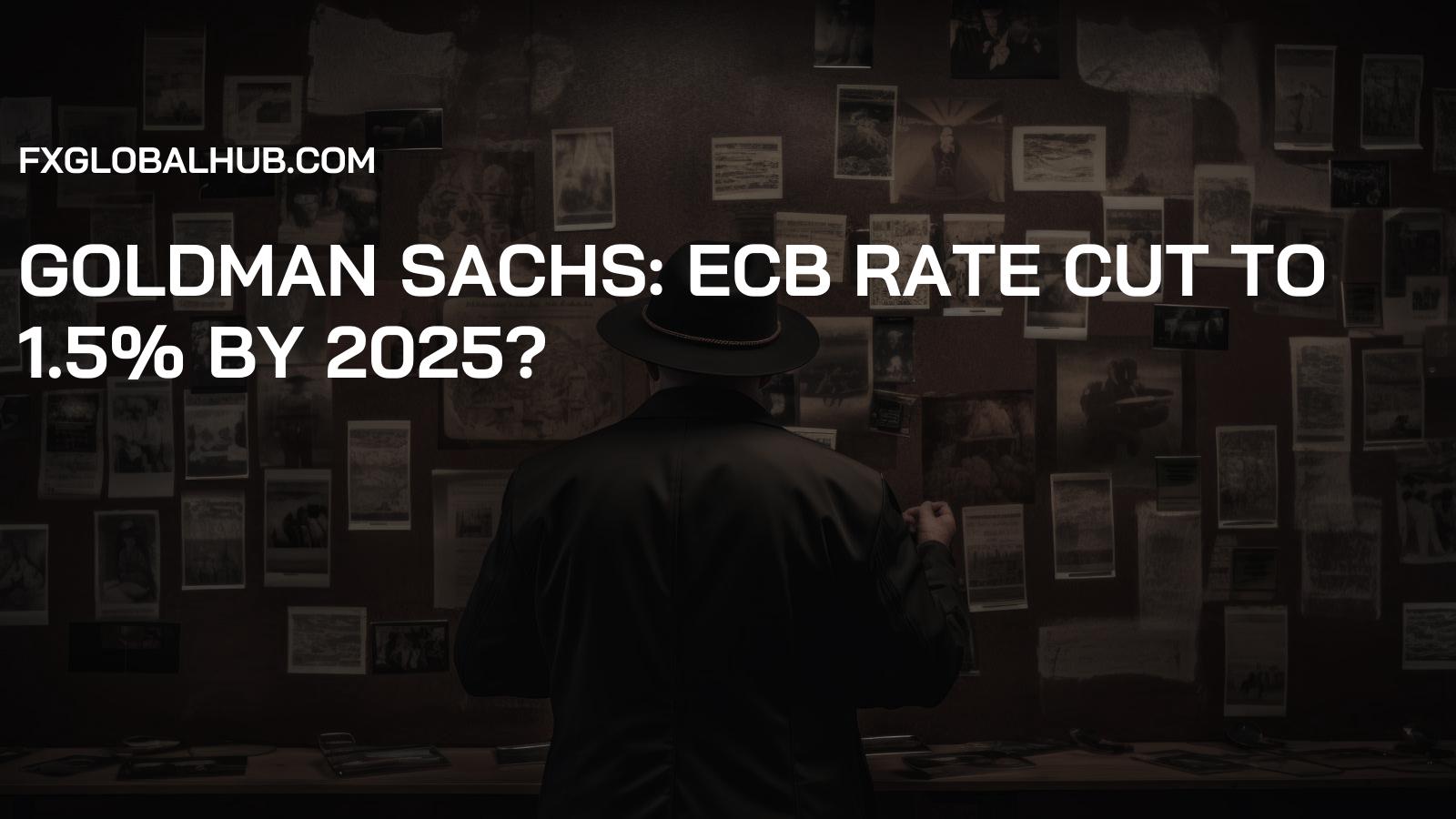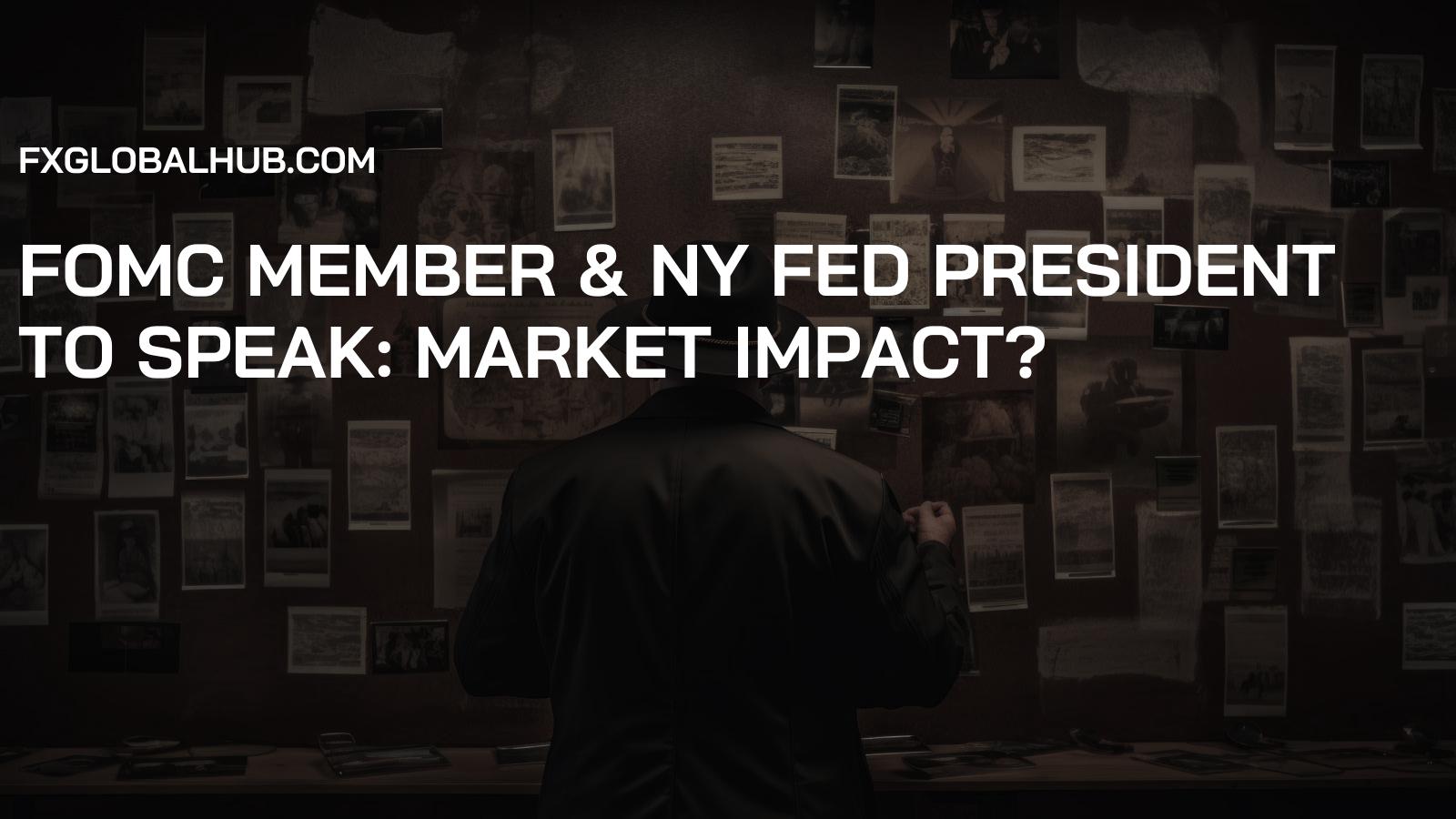FxGlobalHub: Trump: Vietnam Seeks Zero Tariffs - Impact on US Trade
Updated: 2025/04/04 22:03:37
President Trump reveals Vietnam's ambition for 0% tariffs. Explore implications for US trade relations, currency markets, and potential impacts on gold. Understand key economic terms. Updated analysis.
Overview of Trump's Statement
Former U.S. President Donald Trump has stated that Vietnam is seeking to reduce tariffs to 0%. This statement, while brief, carries significant implications for trade relations between the United States and Vietnam, and potentially, the broader Asian market. This article will delve into the potential impacts of such a move, analyzing its effects on currency markets, gold prices (if any), and the overall economic landscape.
Background on US-Vietnam Trade Relations
Trade relations between the United States and Vietnam have grown substantially over the past few decades. Vietnam has become a significant exporter to the U.S., particularly in sectors such as textiles, electronics, and agricultural products. The U.S., in turn, exports goods like machinery, aircraft, and agricultural products to Vietnam. The current tariff structure plays a vital role in balancing trade flows and protecting domestic industries in both countries.
Understanding Tariffs and Their Impact
A tariff is a tax imposed by a government on imported goods or services. Tariffs can be used to protect domestic industries, generate revenue, or influence trade policy. In this context, if Vietnam were to succeed in reducing tariffs to 0%, it would mean that goods from Vietnam would enter the U.S. without any import taxes. This could lead to several outcomes:
- Increased Vietnamese Exports to the US: Lower costs would make Vietnamese goods more competitive.
- Potential Job Displacement in the US: US industries competing with Vietnamese imports might face increased pressure.
- Impact on Currency Markets: Shifts in trade flows could affect the value of both the Vietnamese Dong (VND) and the US Dollar (USD).
- Inflation/Deflation: Cheaper imports could lead to deflationary pressure in the US.
Potential Impact on Currency Markets (VND and USD)
A move towards 0% tariffs could influence the VND and USD exchange rate. Increased exports from Vietnam to the U.S. could increase demand for VND, potentially strengthening it against the USD. However, this also depends on the monetary policies of both countries and broader economic factors.
Currency Appreciation: If the VND strengthens significantly, Vietnamese exports could become more expensive for other countries, potentially affecting its overall trade balance.
Monetary Policy Response: Both the State Bank of Vietnam and the US Federal Reserve might need to adjust their monetary policies to mitigate any adverse effects on their respective economies.
Potential Impact on Gold Prices (If Applicable)
While the direct impact on gold prices might be limited, changes in trade policy and currency valuations can indirectly affect gold. Gold is often seen as a safe-haven asset. Increased economic uncertainty or volatility stemming from shifts in trade relations could increase demand for gold, potentially driving up its price.
Safe-Haven Demand: If the market perceives the tariff reduction as destabilizing, investors might turn to gold as a hedge against risk.
Dollar Weakness: A weaker USD, potentially caused by increased imports, could also make gold more attractive as an alternative investment.
Comparison with Previous Years
To understand the magnitude of the potential impact, it's crucial to compare current trade figures with those of previous years. For example, analyzing the growth in Vietnamese exports to the U.S. over the past five years can provide insights into how a 0% tariff regime might further accelerate this trend. Additionally, examining past instances of trade policy changes and their effects on currency valuations and gold prices can offer valuable context.
Data Analysis: Comparing year-on-year trade data, currency fluctuations, and gold price movements will help in assessing the potential risks and opportunities.
Trend Identification: Identifying long-term trends in trade and investment flows will provide a more comprehensive understanding of the economic landscape.
Risks and Opportunities
The move towards 0% tariffs presents both risks and opportunities for the U.S. and Vietnam.
Risks:
- Increased Trade Deficit: The U.S. could experience a further widening of its trade deficit with Vietnam.
- Job Losses: Certain U.S. industries might struggle to compete with cheaper Vietnamese imports.
- Currency Manipulation Concerns: The U.S. might raise concerns about currency manipulation if Vietnam actively intervenes in the foreign exchange market to gain a competitive advantage.
Opportunities:
- Lower Consumer Prices: Cheaper imports could lead to lower prices for consumers in the U.S.
- Increased Investment: The tariff reduction could attract more foreign investment into Vietnam.
- Stronger Bilateral Relations: A successful implementation of the tariff reduction could strengthen the overall relationship between the U.S. and Vietnam.
Conclusion
President Trump's statement regarding Vietnam's desire for 0% tariffs highlights the ongoing dynamics of international trade and its potential implications. While the move could present opportunities for both countries, it also carries risks that need to be carefully managed. Monitoring currency movements, analyzing trade data, and understanding the potential impact on key sectors such as gold will be essential for navigating the evolving economic landscape. The outcome will heavily rely on the strategic decisions made by policymakers in both the United States and Vietnam.
Fed's Collins Signals Readiness to Stabilize Markets
2025/04/12 00:41:27

US Oil Rig Count Drops to 480: What Does It Mean?
2025/04/12 00:02:21

US Oil Rig Count Release Imminent - Market Impact?
2025/04/11 23:50:40

Goldman Sachs: ECB Rate Cut to 1.5% by 2025?
2025/04/11 22:59:30

US & Ukraine Restart Mineral Deal Talks: New York Times Report
2025/04/11 22:28:10

FOMC Member & NY Fed President to Speak: Market Impact?
2025/04/11 21:50:30

Silver Spot Price Jumps 2.00% to $31.83: What's Driving the Rally?
2025/04/11 21:33:29

Michigan University: Unemployment Fears Highest Since 2009 | US Economy
2025/04/11 21:07:15
